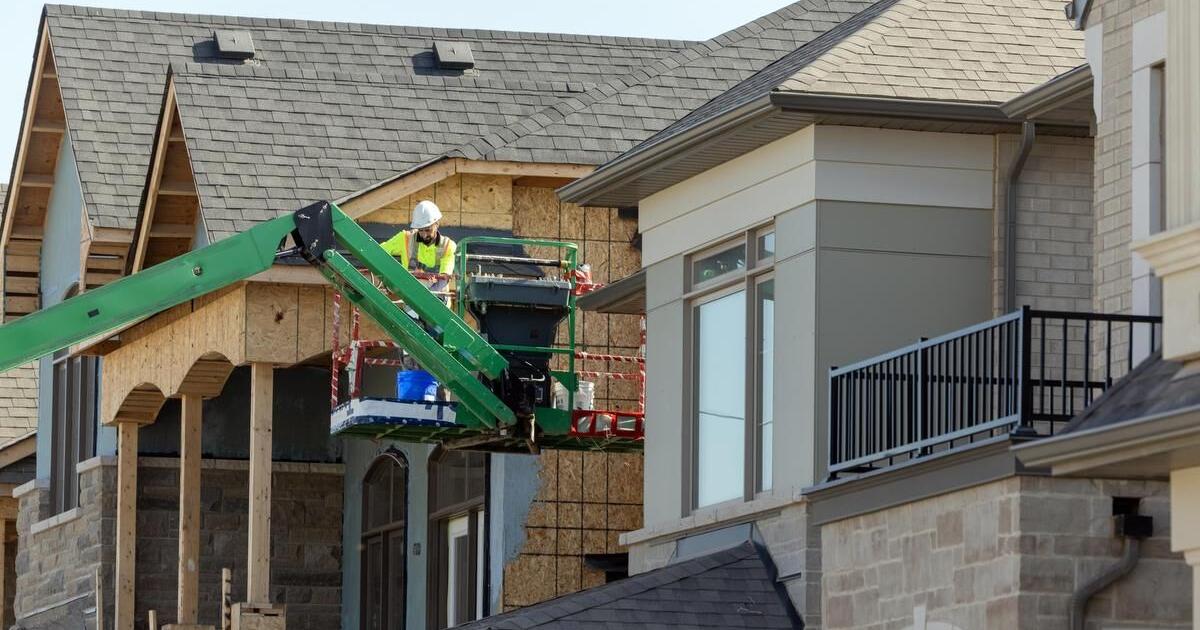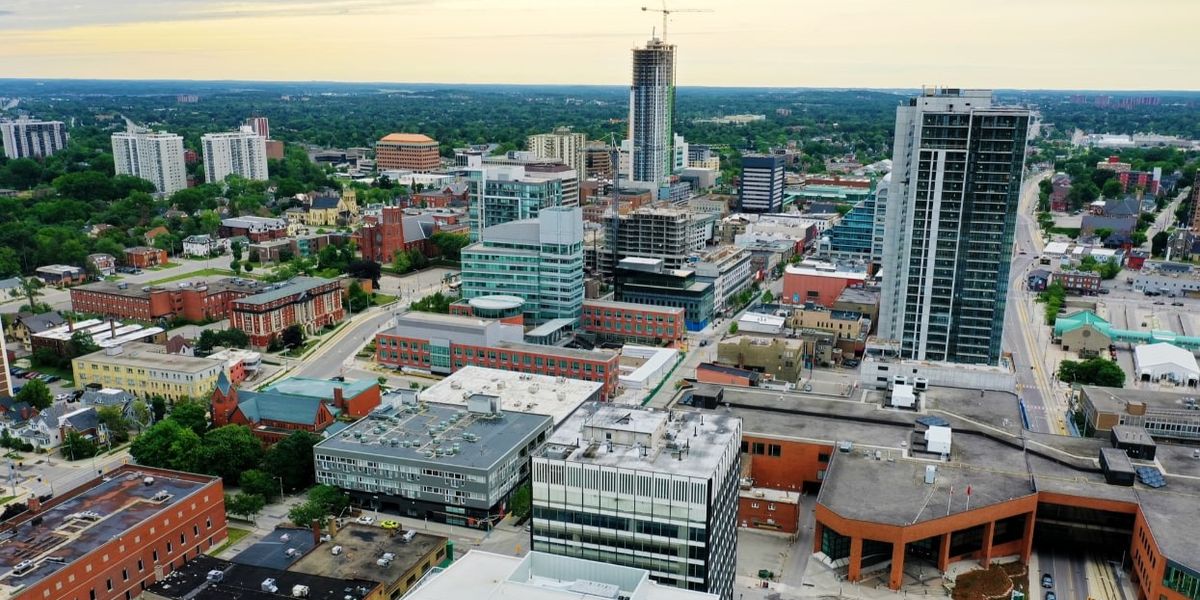Sad, but expected. People are mostly ok with change, as long as it won’t affect them.
I don't think that's an entirely fair read.
Lets start by looking at the piece says;
So, that would mean 57% of Canadians would not view it as a bad thing and neither would 1/2 of all homeowners.
I think that's an important observation when you're saying 'mostly'. I don't see a clear majority in the NIMBY space here.
The second thing I would note is that is fear of change (not any particular change) is common, and its the fear of the unknown. The fear of undetermined impacts.
These questions (in respect of loosened zoning) can be answered, and really ought to be. I'm pro multiplex etc. but I do understand the need to sell change.
We all know the worries:
- Property Values
- Renters perceived as transient, less stake in the community.
- Higher density may create more anonymity (less of knowing your neighbour)
- Association between people of lower income levels and crime (applies more to rent than ownership, but exists across the board in some measure)
- Neighbourhood character (in the appearance sense, architecturally cohesive look)
Each of these can be addressed in some measure, with both an honest admission of what will change; and actions taken to lessen people's concerns, both justified and unjustified.
That all of that appears to not affect 50% of homeowners and a clear majority overall, I think is stunningly good news, rather than something about which to be pessimistic.
I have no time for bias against renters ( I am one) ; but I also think we can admit to communities that exemplify people's fears, admit why those communities have not worked out as well as one might have hoped without demonizing
current or past residents; and talk about why lessons learned can help better meet the housing needs of a range of residents across income spectrum and tenure type and that this need not result in the next 'challenged area'








